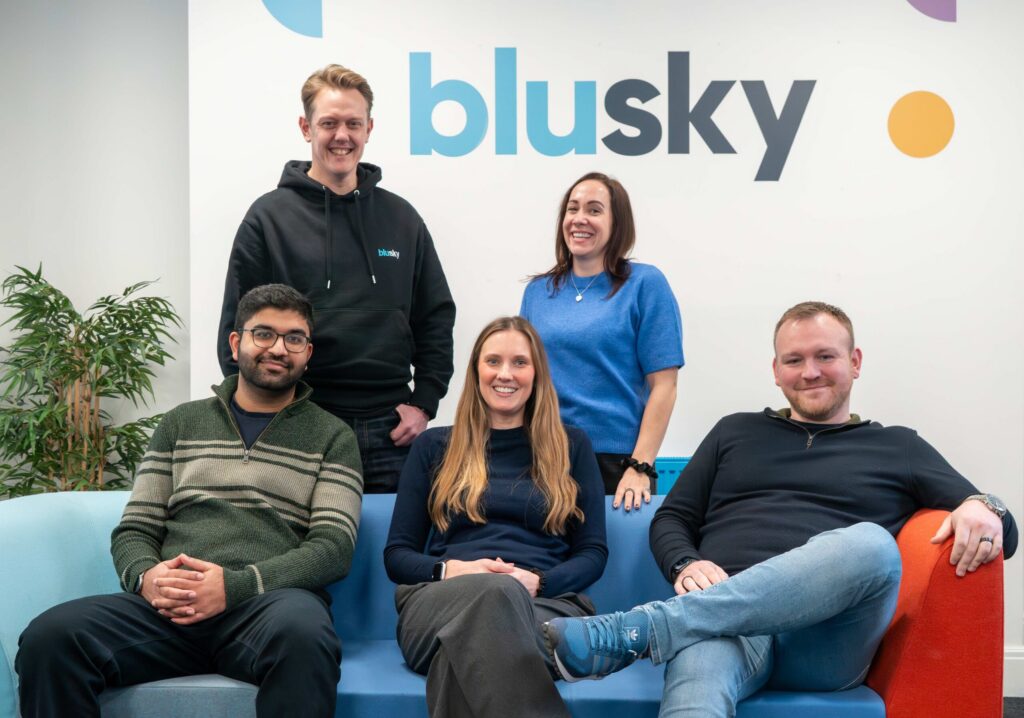Launching your own start-up takes planning, development, courage, and cash. We know many start-ups’ need to rely on funding, so we’re exploring everything you need to know about seed funding. Including what it is, what your options are and what you should consider.
We know for many entrepreneurs the initial planning of a business stage brings excitement and enthusiasm, but when it comes to launching and funding, cash can cause issues. Don’t lose heart! There are many options out there, so let’s dive in and explore exactly what they are.
Let’s start with the basics – What is seed funding?
Seed funding is also known as seed money and seed capital. It’s a business’s first official equity funding stage. The most common scenario is – investors will give you money, in return for an equity stake within your business.
It takes place at the start of a business’s life, as this is when you’ll be looking for and raising cash.
Why do businesses need seed funding?
Sadly, cash doesn’t grow on trees and start-ups need money for a whole range of things including:
- Staff
- Premises
- Stock
- Delivering services
- Investing in marketing strategy
- Investing in software developers
What are my options?
There are many seed funding options available in the form of:
- Government schemes including SEIS & EIS
- Venture capital funds
- Angel investors
- Incubators & accelerators
- Equity crowdfunding
- Rewards-based crowd funding
The Seed Enterprise Investment Scheme (SEIS)
The Seed Enterprise Investment Scheme (SEIS) was introduced in April 2012 by the UK Government. The aim is to help start-ups raise funds through individual investors, by providing a series of tax reliefs on investments made into qualifying companies.
You can raise a maximum of £150,000 of your funding through SEIS investments which isn’t to be sniffed at! You can find out more here.
By offering generous tax relief to investors, SEIS/EIS schemes encourage investors to take the steps to invest in qualifying companies. Through SEIS investment, investors can claim 50% tax relief, and through EIS they can claim 30%.
Venture Capital Funds
Venture capital funds are a form of private equity and a type of financing that investors can offer promising start-up companies and small businesses with high potential.
Venture capital generally comes from wealthy independent investment firms, individuals, and investment banks.
Angel Investors
An angel investor is someone who puts their own finance into the growth of a small business in the early stages.
They’re different to venture capital funders, as they’re normally an individual who’s likely to offer a more hands on approach, as well as investment without needing to see huge potential and promise. Sometimes friends and family can offer to act as an angel investor.
Incubators and accelerators
Both incubators and accelerators are designed to help start-ups survive and thrive. They work a little differently to other forms of funding as they provide ongoing support for a set period.
Incubators don’t normally provide investment up front, but they can help expose you to potential seed funders in your local area. Accelerators do sometimes provide some funding upfront, in the form of a convertible loan as well as exposure to other potential funders in your local area.
In return for equity state a business incubator programme can help provide:
- A co-working space, where you’ll work alongside and learn from other businesses
- Networking opportunities
- Workshops
- Professional services with reduced rates e.g. lawyers
- Introduction and exposure to potential investors
On top of investment, in return for equity state a business accelerator can help provide:
- A base or location for the duration of the programme
- Experienced mentors to help aid development
- Introduction to other potential investors
- Networking opportunities
Equity crowdfunding and rewards-based crowd funding
Equity crowdfunding is a form of online investment into a business in return for share capital. It can take place through a dedicated equity crowdfunding platform, or you can organise your own independent equity crowdfund.
Again, rewards-based crowdfunding can take place through a dedicated platform, or you can organise your own. As the title suggests, rewards-based crowdfunding offers a ‘reward’ in the form of a product or service in return for investment.
What should I consider when looking for seed funding?
How much you need
Be realistic and plan ahead. Don’t be afraid to ask for a second opinion or to talk it through in depth with your team or an accountant. You need to be 100% sure you’re applying for the right amount and that it’ll cover you.
The deal terms
Don’t agree to something if you’re not confident of the terms, equity agreements, implications, and ultimately the benefits. There’s a lot of jargon out there so make sure you familiarise yourself with what things mean and ask for support if you need it. (We don’t do jargon, we like to keep things simple, but we’re clued up on what it all means!)
How much of your own money/savings you can invest into your start-up
Be sensible here, whilst it can be tempting to throw every penny you have into your start-up, you don’t want to leave yourself with nothing. You still need money to live off!
How much equity you’re prepared to sell
It goes without saying but it’s important that you consider how much of your businesses equity you’re prepared to sell and on what terms.
How equity will be divided
If you’re the sole business owner, you can sell up to 49% and still have full business control. Make sure you take the time to understand and work out how your businesses equity will be divided following any seed funding agreements.
Can you work with this investor/group/individual
Important for all types of funding but especially important if you’re going to apply for business incubators and accelerators.
With business incubators and accelerators, you’ll be working with other people and are likely to be sharing an office space with them too. So you need to be comfortable and confident in your ability to work in a harmonious manner.
Going for funding? Let’s have a chat
We’ve gone through the whole rigmarole ourselves! And whilst we can’t make money grow on trees or predict the future for you, we can help you navigate seed funding. We also work with many start-ups who’re going for seed funding! No question is a silly question, feel free to get in touch if you’d like any further information: info@blusky.co.uk.



